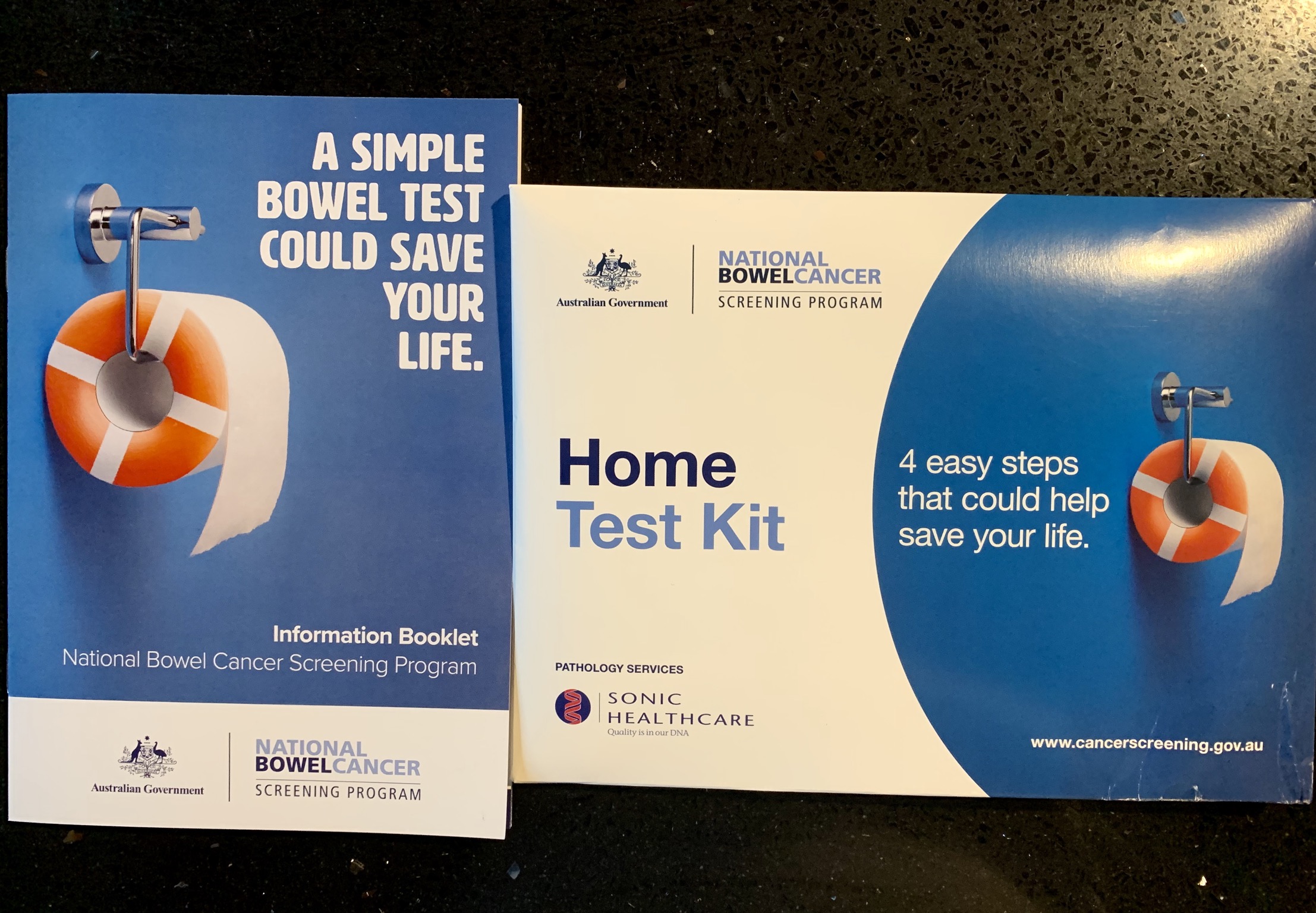News release
From:
National Bowel Cancer Screening Program Monitoring Report 2025
The AIHW has been monitoring the National Bowel Cancer Screening Program (NBCSP), which began in 2006, for over a decade using key performance indicators.
The NBCSP aims to reduce deaths from bowel cancer by detecting early signs of the disease. Bowel cancer was estimated to be the second leading cause of cancer death in 2024. Screening and early detection can play a vital role in reducing bowel cancer incidence and mortality. Since its introduction, the NBCSP has detected 16,809 bowel cancers.
Key findings:
- 6.3 million people were invited to participate in the National Bowel Cancer Screening Program (NBCSP) between January 2022 and December 2023, with 2.6 million (41.7%) participating.
- Participation rates among people invited to screen in the program have increased from 40% to 41.7% between 2021–2022 and 2022–2023.
- The estimated participation rate for First Nations people increased by 3.7 per cent 2021–2022 and 2022–2023.
- Of those who participated in 2023, 86,089 (6%) returned a positive screening result warranting further assessment.
- It was estimated that about 7,265 people aged 50–74 were diagnosed with bowel cancer in 2024.
- The rate of bowel cancer incidence for those aged 50-74 has decreased from 98 to 96 cases per 100,000 people between 2023 and 2024. The mortality rate has also decreased from 24 to 23 deaths per 100,000 people in the same period.
- Screening participants who identified as Aboriginal and Torres Strait Islander (First Nations) people, those who lived in very remote areas and those who lived in low socioeconomic areas all had higher rates of positive screens, warranting further assessment. However, they had lower rates of follow-up diagnostic assessment and a longer median time between a positive screen and assessment.



 Australia
Australia



